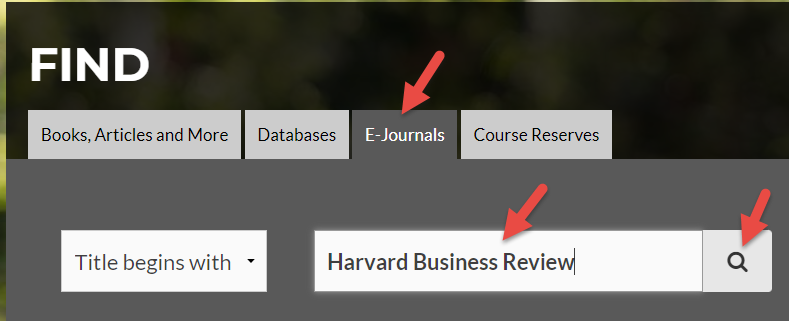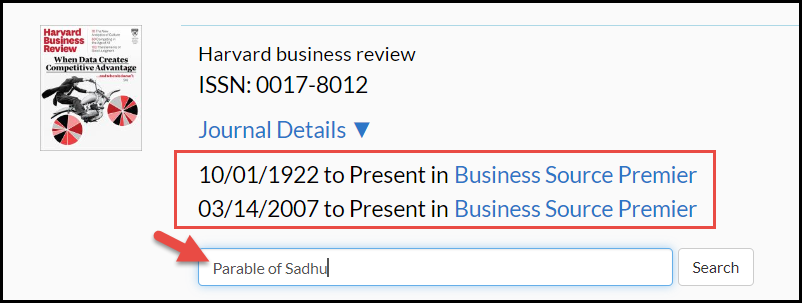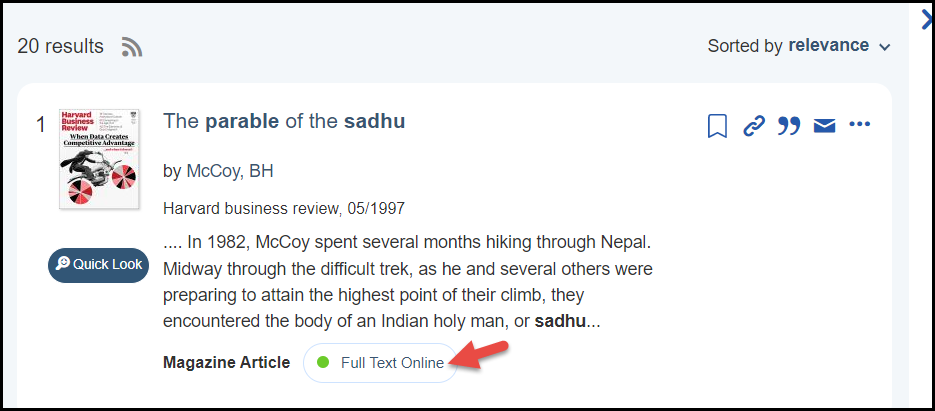Main Content
Syllabus
OLEAD 220: Emotional, Social, and Cultural Intelligences and the Implications for Leadership
Overview | Objectives | Materials | Library Resources | Technical Requirements and Help | Course Requirements and Grading | Course Schedule | Academic Integrity | Student Success and Support Resources | Additional Policies
Overview
This course focuses on emotional intelligence, social, and cultural intelligence competencies to enhance leadership effectiveness and employee work performance. You will learn about key concepts, theoretical models, and evidence-based research as well as neuroscience research that explains how emotional, social, and cultural competencies can be developed through mindful practice. Through the use of assessments, you will identify your strengths and target areas for further development. The subsequent creation of a leadership development plan will allow you to develop and enhance your capacity for self-knowledge, influencing others, empathy, stress management, decision-making skills, and improved well-being as well as leading across cultural differences.
Course Objectives
Upon successful completion of this course, you should be able to
- describe emotional, social, and cultural intelligences and their associated skills;
- critically evaluate and describe emotional, social, and cultural intelligence models and practices;
- describe the contributions of these models to leadership practice and effectiveness;
- analyze and synthesize knowledge from different domains, such as psychology, neuroscience, and behavioral sciences, to form new ways of understanding emotional, social, and cultural intelligences and the implications for leadership;
- apply evidence-based mindfulness practice to experience how focused attention can be developed;
- analyze and apply global learning about cultural differences to understand cultural intelligence and its implications for leadership;
- assess personal leadership competencies and capacity for emotional, social, and cultural intelligences; and
- create a personal leadership development plan.
Required Course Materials
You may purchase course materials from Barnes & Noble College (the bookstore used by Penn State's World Campus). For pricing and ordering information, please see the Barnes & Noble College website. Materials will be available at Barnes & Noble College approximately three weeks before the course begins. Alternatively, you may obtain these texts from other favorite bookstores. Be sure you purchase the edition/publication date listed.E-Reserves
This course requires that you access Penn State library materials specifically reserved for this course. You can access these materials by selecting Library Resources in your course navigation, or by accessing the Library E-Reserves Search and search for your instructor's last name.
Library Resources
Many of the University Libraries resources can be utilized from a distance. Through the Libraries website, you can
- access magazine, journal, and newspaper articles online using library databases;
- borrow materials and have them delivered to your doorstep—or even your desktop;
- get research help via email, chat, or phone using the Ask a Librarian service; and
- much more.
You can view the Online Students' Library Guide for more information.
You must have an active Penn State Access Account to take full advantage of the Libraries' resources and services. Once you have a Penn State account, you will automatically be registered with the library within 24–48 hours. If you would like to determine whether your registration has been completed, visit the Libraries home page and select My Account.
Harvard Business Review Articles
To access Harvard Business Review articles for free through the University Libraries, follow these steps:
- Go to the Library's homepage (https://libraries.psu.edu/)
- In the search area, select the E-Journals tab and type Harvard Business Review in the search box and hit enter.

- In the search box under Business Source Premier, search for the title of your article.

- Within the list of results, locate your article and select Full Text Online.

